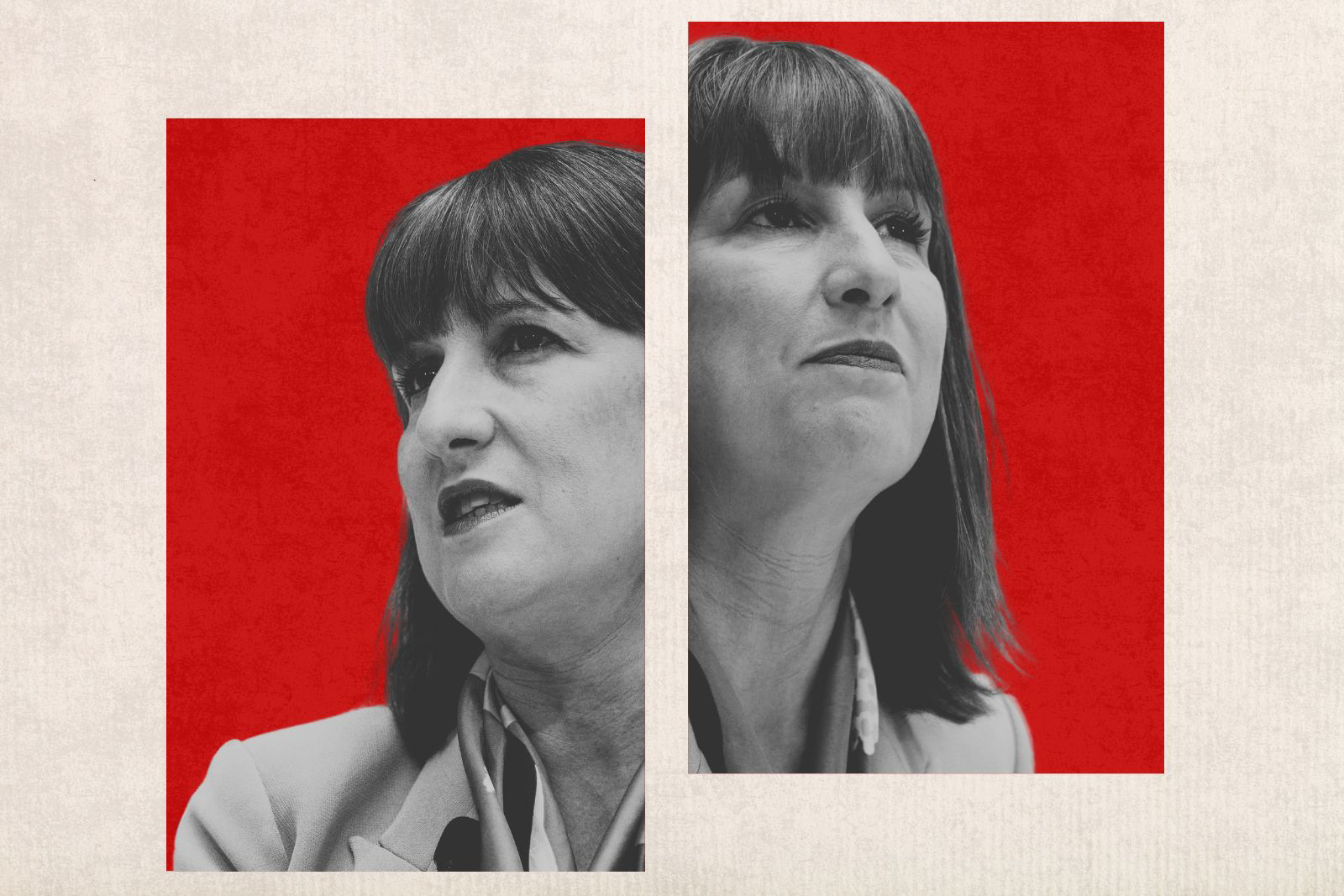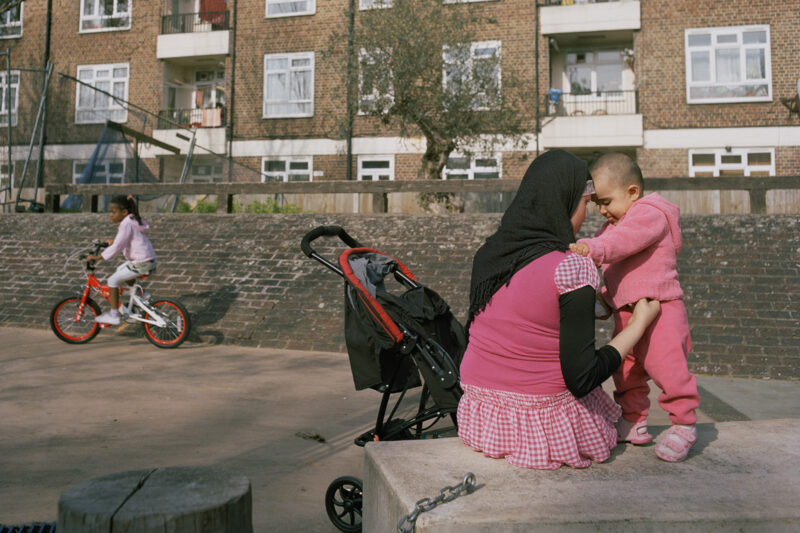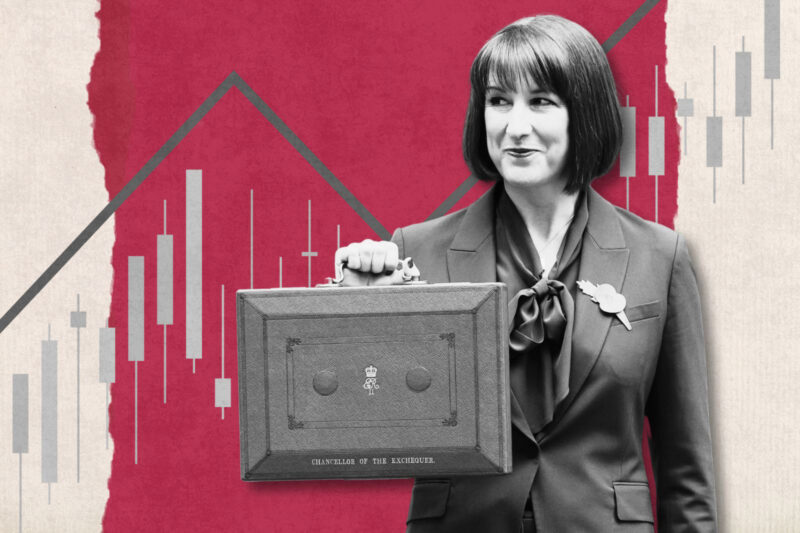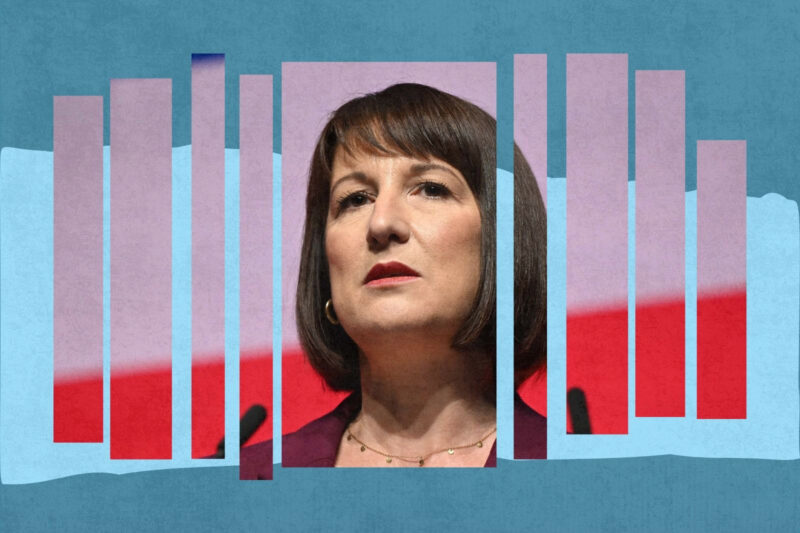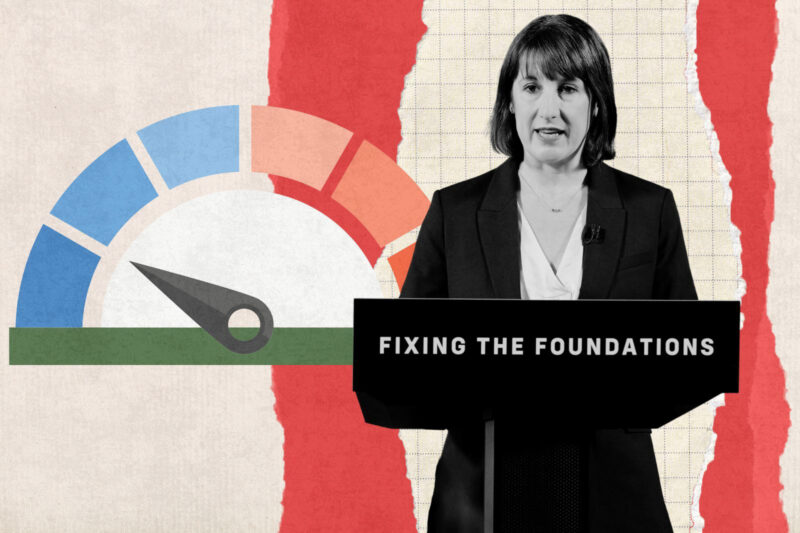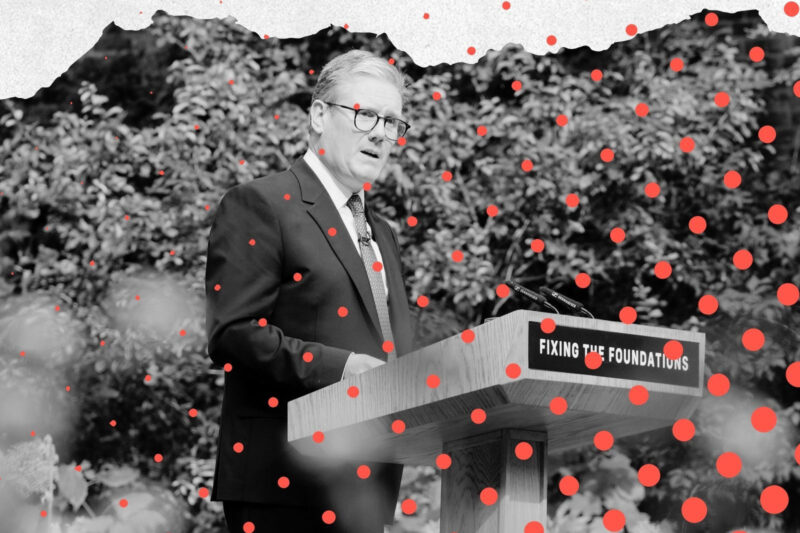Reeves’s about-face has emboldened Labour backbenchers

As dust settles on Reeves’s spending review and winter fuel U-turn, some hope climbdowns on child benefit and help for disabled people are next
Each year, as the chancellor emerges from No 10 with the iconic red box in hand, the ritual of budget day kicks off: a photo op, a flash of symbolism, a nod to tradition.
Yet the government’s spending review, which covers multiple years and hence carries greater long-term consequences (and a bigger price tag), passes with no such ceremony.
Instead, on Wednesday, Rachel Reeves marched directly into the Commons with a small red folder to deliver what may be the defining moment of her chancellorship so far: a multi-year, “zero-based” (line by line) spending review, where every pound of government spending is scrutinised and rejustified before future budgets are locked in. There’s much less theatre but arguably more substance.
This is the first full-scale, cross-departmental spending review since 2021, and it marks a turning point. While No 10 has told me this is not a “reset”, the signs of a new approach are hard to ignore. After more than a year of rhetoric focused on “tough choices” and “fiscal responsibility”, this was an attempt to change the story.
In short, Labour wants to stop looking like the party of restraint and start being seen as the party of renewal — and one that is taking a long-term approach to governing.
Related content
At the heart of the review are some eye-wateringly large figures. Infrastructure spending leads the pack, with tens of billions of pounds pledged for transport upgrades, new affordable housing and energy initiatives. Defence will also see a major boost, alongside promised increases in NHS funding, money for prisons, more police officers and greater resources for border enforcement.
But all of these projects will take time and Labour is hoping the electorate still has patience.
Nor is this a uniformly generous settlement. Day-to-day government spending did, in some places, take a hit. The Home Office will see its budget trimmed, a move based largely on the government’s assumption that it will drastically reduce small boat crossings and end the use of hotels for asylum seekers by 2029. It’s a bold prediction and one that will invite scrutiny. Departments such as Culture, Media and Sport and the Foreign, Commonwealth and Development Office have also lost out in relative terms.
The broader aim here is as political as it is fiscal — changing public perception is a key component of Labour’s strategy. Behind closed doors, senior figures within the party have long worried that Labour is beginning to look like an austerity-driven government. The government’s decision to reinstate winter fuel payments, after originally scrapping them for most pensioners, is a case in point of a government trying to change its image.
The initial cut had caused a significant backlash, not just from the public but from within Labour’s own ranks. Pensioners were furious and backbenchers were uneasy, with many telling me they were dealing with unhappy constituents as a result of the policy.
The U-turn, confirmed a couple of days prior to the spending review, now reinstates the payments for those earning under £35,000 a year and means the vast majority of pensioners will get the benefit.
It does, however, come with a £1.25bn price tag and it’s not yet clear how it will be funded.
I interviewed Rachel Reeves for ITV News just after the announcement. I asked whether she believed she had handled the entire situation well, especially given the anxiety and anger it caused among pensioners last winter.
Her response was that she had “listened to the public” and insisted that improved economic conditions now allowed the government to act and change course.
The Conservatives, unsurprisingly, disagree. They point to the newly downgraded growth forecasts from the Organisation for Economic Co-operation and Development (OECD) as proof that Reeves’s claims of an economic upswing are not accurate. They argue the winter fuel climbdown is an embarrassing U-turn caused by pressure from Reeves’s own backbenchers — some of whom have claimed the same.
Related content
The reversal has also sparked renewed hope among some Labour MPs I speak to that, if winter fuel payments can be restored under pressure, other controversial measures could be rethought too. There is now growing momentum inside the party to push for changes on disability benefit reform and the two-child cap on universal credit.
What’s also clear is that Labour knows it must now sell this agenda and new vision for government if it is to change its image. Reeves didn’t just present numbers at the spending review: after she finished, she met privately with her party’s MPs and told them to “get out and sell it”. Campaigning, not just governing, is the order of the day. “People are only going to know the good news that we set out today if we campaign on it, if we deliver the leaflets, if we speak to people on the doorstep,” she said. The chancellor even suggested that MPs write for their local newspapers to help explain the government’s new policies.
In many ways, this spending review is a test of political messaging as much as it is of public finance. Yes, the capital commitments are substantial. Yes, the government is clearly trying to draw a line under its first year in office. But what ultimately matters is whether the public will feel this shift.
Will new trains arrive on time? Will housing be built? Will NHS waiting lists shorten and local policing improve?
Labour has tried to change the conversation. The question now is whether it can change the country — and if people have the patience to wait for it.
Shehab Khan is an award-winning presenter and political correspondent for ITV News.
 Newsletter
Newsletter



